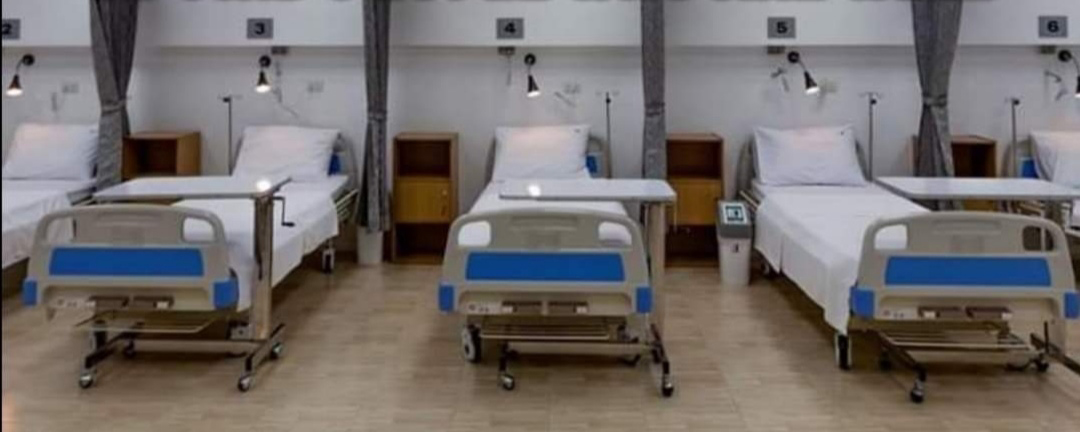
By: Lisa Biegert
Lying in a South African hospital bed in 2014 recovering from a serious fall, BCM missionary Cobie Viljoen looked up to find himself surrounded by hospital staff working to keep him alive. As a youth, God had placed a missionary calling on his life. He knew now this call included hospital chaplaincy.
During his recovery, Cobie spoke with many staff who were unable to attend church services because of their hospital jobs. He felt a great urgency to minister to these people who’d been directly involved in his own miraculous recovery.
Cobie and his wife Annie are both originally from South Africa. Cobie’s parents were missionaries from the same denomination with which BCM Africa director John Peter had been a pastor, and it was through Rev. Peter that the Viljoens were introduced to BCM. Married for eighteen years with two children, they minister as a team in the coastal city of Durban. A tourist mecca with its sunny climate and beautiful beaches, Durban has grown to over three million people.
This includes more than fifty hospitals. For the past five years, Cobie Viljoen has faithfully visited ten of them weekly. Hospital chaplaincy is not yet a profession in South Africa, so it is a rarity to find someone intentionally ministering to the staff and patients free of charge.
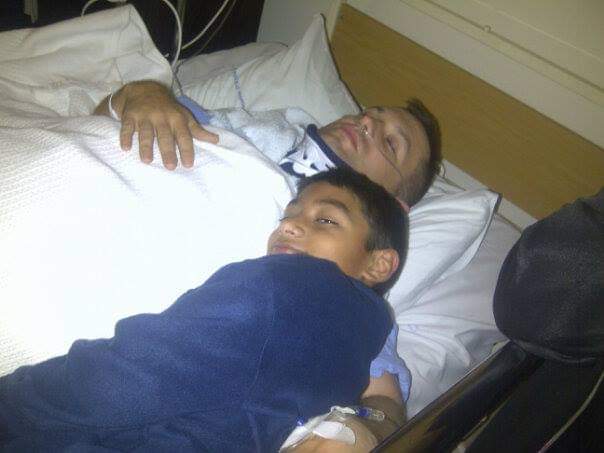
Cobie Viljoen recovering in hospital
Cobie describes his ministry as “bringing the church to the hospital.” Most hospital staff work demanding hours while patients can’t leave to attend services. Many are in critical condition, desperately needing hope. As families watch loved ones enter eternity or face serious diagnoses, they too need support through their trauma.
Since a church building is inaccessible to these people, Cobie has committed to bringing the church body to them. He says, “Every day is a clean canvas to be given to the Lord. There are new events, new patients, different staff on call, new family members, each with unique circumstances. Everyone we meet responds differently to the message of Christ. One may be open to conversation while another refuses any contact at all.”
Dalareese was one such patient. Only twenty-nine years old, she arrived in the hospital seriously ill with many complications. Though she was a devout Hindu, no Hindu priests ever visited her. Through the witness of Cobie and his team, she began to see the reality of who Jesus is. She would ask them to be with her on her most painful days when the hospital staff would have to perform various procedures. Cobie would stay with her, praying for her and reading the Bible to keep her calm.
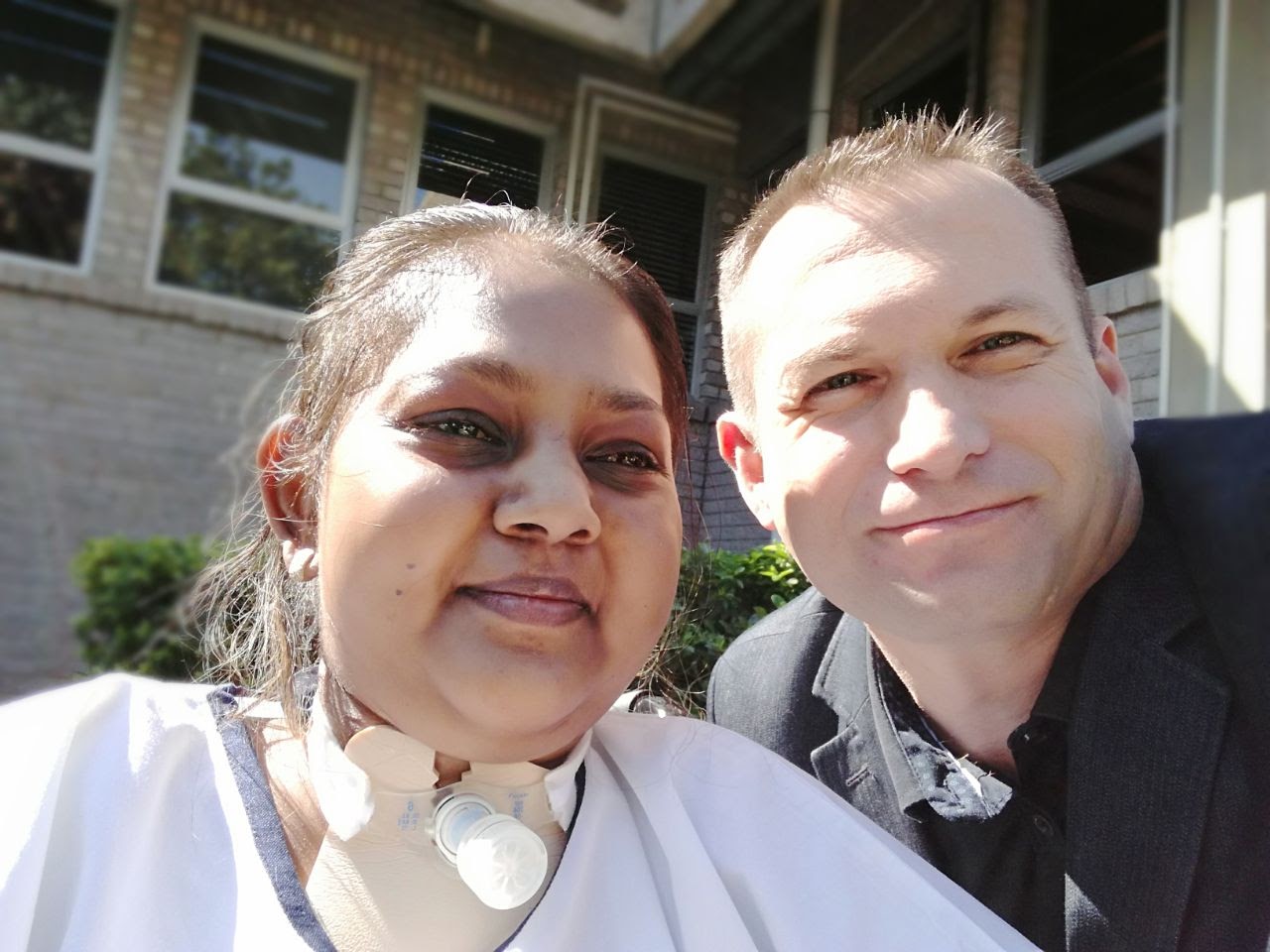
Cobie with hospital patient Dalareese
Dalareese turned thirty during her hospital stay. A celebration was held for her in the hospital cafeteria. Though Hindu, her family insisted Cobie and his team attend the party and asked Cobie to share a devotional. As hospital staff, friends, and family packed the cafeteria, Cobie openly presented the gospel of Jesus Christ.
The doctors and hospital staff began to notice the difference in Dalareese’s demeanor when Cobie and the team were with her, which contributed to the good relationship Cobie had built with the hospital staff. Nine months after Cobie began visiting, Dalareese passed away. Two weeks before she died, she finally gave her life to Jesus.
Cobie shares, “It all started with one visit and not giving up for nine months, praying for her, encouraging her day after day. Praise the Lord, we will see her in heaven. She will always be someone that makes hospital ministry worthwhile.”
Cobie recognizes the important roles doctors, nurses, psychiatrists, and other staff play in a patient’s life. But he feels strongly that hospital chaplaincy also has its vital role. “God has the final say, not us or even the doctors. We pray the doctors don’t see us as a threat. We need them, but they also need us. They are the experts in their field, and we don’t work against them. We desire to work alongside of them, ministering to the spiritual needs as they treat the physical.”
Which isn’t to say God does not or cannot work miracles. Sixteen-year-old Ben was critically injured while playing in a rugby match. The injuries to his spine and neck were so severe that the doctors had no hope for recovery. Cobie joined with Ben’s parents to pray. To care for Ben, the parents had to commute between home, work, and the hospital. Unfortunately, this led to Ben’s mother losing her job.
After four months, the doctors encouraged the family to move Ben to a private medical facility outside of the hospital. Though Christians, the parents became embittered and angry with God. Cobie and his team continued to pray regularly for them. Then five months after Ben’s injuries, God began to work.
“The doctors knew the medical reports and had seen the damage,” explains Cobie. “Yet for no apparent reason, Ben began to move again, and a few days later he walked out of the hospital with his parents beside him. This event was the shake-up his family needed. Their entire lives turned around, and they made a fresh recommitment to the Lord. Now they are active members in their church while Ben is a motivational speaker to schools in their area.”
One deep concern of Cobie is when a patient considers him a supernatural healer or attempts to purchase healing from him. He makes sure every patient he encounters knows he is not the healer, but that he knows the One who is: Jesus. Cobie shares with them the Healer of not just their physical bodies but their eternal souls.
“We don’t heal,” he emphasizes. “Jesus heals. We pray, and he takes over. Medication has its part, I don’t deny that. But Jesus has the final say.”
Cobie is also a member of the Gideons International, a Christian organization that distributes Bibles for free. This has been a great help in the chaplaincy ministry as they are able to distribute Bibles to any patient expressing an interest in owning one.
Cobie’s chaplaincy team fluctuates widely, sometimes two or three other volunteers, but often just Cobie and Annie. The reasons are many. Having to constantly face major trauma. The fear of being exposed to infectious diseases. The financial needs of having a reliable car and purchasing gas. Being available day and night. Safety in crime-riddled areas. Hostility from patients and staff. All of these make hospital chaplaincy a challenging, often stressful ministry. But that hasn’t discouraged the Viljoens from God’s calling.
“We are God’s servants who are willing to go where few want to go,” Cobie expresses. “We desire to not just be occasional visitors in hospitals but Christian missionaries whose purpose is to bless their occupants and staff. There are Muslim prayer rooms in every hospital, but Christians chapels are few and scattered.”
Cobie and Annie ask for prayer that God would raise up a team to minister with them. They are also in need of additional financial supporters and God’s provision for basic necessities as well as a reliable vehicle.
“One more soul, Lord, one more soul!” is Cobie Viljoen’s most earnest prayer. Pray with the Viljoens that every encounter of the hospital chaplaincy team will result in one more person leaving the facility not just physically healed but spiritually.
To learn more or participate in the Viljoens’ ministry, contact BCM at info@bcmintl.org.
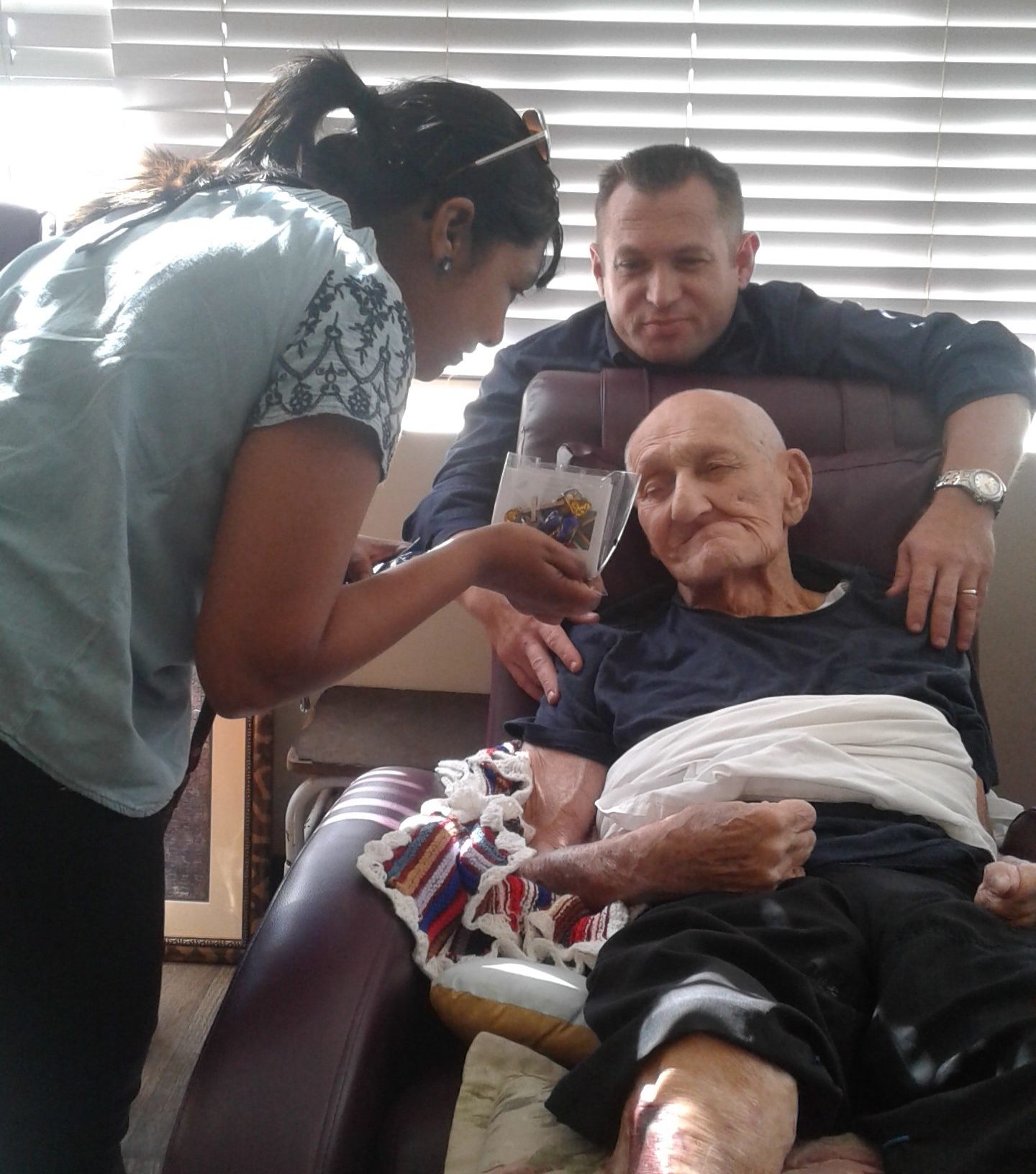
Sharing with hospital patient
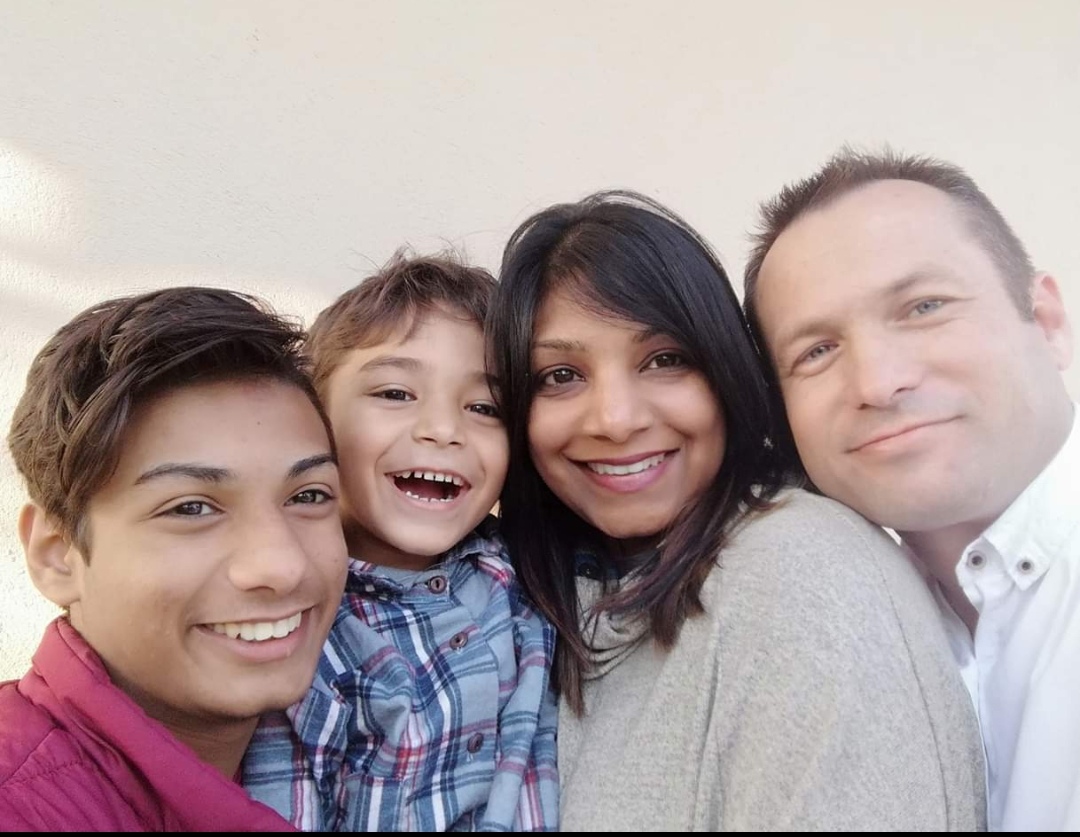
Viljoen family





